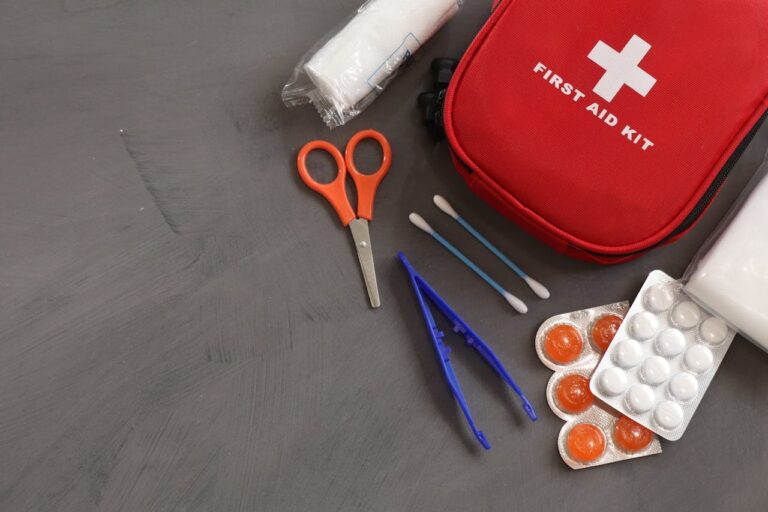
In today’s digital age, financial fraud is on the rise, with credit card fraud and currency trading scams becoming increasingly common. Victims often feel helpless after falling prey to fraudulent schemes, but there are ways to recover lost funds and protect yourself from future scams. This article will guide you through the steps to credit card fraud recovery and secure your financial assets from scammers.
Understanding Credit Card Fraud
Credit card fraud occurs when unauthorized transactions are made using your card details. Fraudsters use various methods, including phishing emails, data breaches, skimming devices, and social engineering, to steal sensitive information. Some common types of credit card fraud include:
- Unauthorized Transactions: Fraudsters make purchases using stolen credit card details.
- Card Skimming: Devices attached to ATMs or payment terminals steal card information.
- Phishing Scams: Fake emails or messages trick users into providing card details.
- Account Takeover: Criminals gain access to an account and change login credentials.
Steps to Recover Money from Credit Card Fraud
- Report the Fraud Immediately
Contact your bank or credit card issuer as soon as you notice unauthorized transactions. Most financial institutions have fraud protection policies that allow victims to dispute charges. - Freeze or Cancel Your Card
To prevent further unauthorized transactions, request your bank to freeze or replace your credit card. - File a Chargeback Request
Many credit card providers offer chargeback services, allowing you to dispute fraudulent charges. This process requires you to provide evidence that the transaction was unauthorized. - Report the Incident to Authorities
Report the fraud to consumer protection agencies such as the Federal Trade Commission (FTC) in the U.S. or relevant authorities in your country. Law enforcement agencies may also help track down scammers. - Monitor Your Credit Report
Regularly review your credit report to check for fraudulent activity. If your information has been compromised, consider placing a fraud alert or credit freeze. - Secure Your Online Accounts
Change passwords and enable two-factor authentication (2FA) on your banking and shopping accounts to prevent future breaches.
Understanding Currency Trading Scams
Forex trading has gained popularity as an investment opportunity, but scammers exploit traders with fraudulent schemes. Some common currency trading scams include:
- Ponzi Schemes: Fraudsters promise high returns but pay early investors with money from new investors instead of genuine profits.
- Fake Trading Platforms: Scammers create fake forex trading websites that appear legitimate but steal investments.
- Signal Provider Scams: Some fraudsters claim to offer winning forex signals but provide misleading or manipulated data.
- Unregulated Brokers: These brokers lure traders with unrealistic offers and later refuse withdrawals.
Steps to Recover Money from Currency Trading Scams
- Contact the Trading Platform
If you suspect fraud, attempt to withdraw your funds immediately and contact the broker’s customer support. - File a Complaint with Regulatory Authorities
Report the fraudulent broker to financial regulators such as the U.S. Commodity Futures Trading Commission (CFTC) or the Financial Conduct Authority (FCA) in the UK. - Request a Chargeback
If you deposited funds via credit card or bank transfer, initiate a chargeback through your financial institution. - Seek Legal Assistance
If the scam involved a significant amount of money, consult a lawyer specializing in financial fraud to explore legal actions. - Engage Fraud Recovery Services
Some legitimate firms specialize in asset recovery for forex scam victims. Be cautious when choosing a recovery service to avoid further scams. - Warn Others and Report to Online Communities
Share your experience on forex trading forums and scam reporting websites to help others avoid the same fate.
How to Protect Yourself from Financial Scams
Preventing fraud is always better than recovering lost funds. Here are key measures to safeguard yourself:
- Use Secure Payment Methods: Prefer credit cards over wire transfers or cryptocurrencies, as they offer better fraud protection.
- Verify Brokers and Trading Platforms: Check whether a forex broker is regulated by financial authorities before investing.
- Beware of Unrealistic Promises: Be cautious of brokers or investment schemes that guarantee high, risk-free returns.
- Enable Fraud Alerts: Many banks offer SMS or email alerts for transactions, allowing you to detect unauthorized activity quickly.
- Regularly Monitor Bank Statements: Review your statements frequently to spot suspicious transactions early.
- Educate Yourself: Stay informed about the latest financial scams and cybersecurity best practices.
Also Read: Why Your Credit Score Can Fall Despite Timely Bill Payments
Conclusion
Falling victim to credit card fraud or a currency trading scam can be financially and emotionally distressing. However, by acting swiftly and following the right recovery steps, you can increase your chances of reclaiming lost funds. More importantly, implementing strong security measures and staying vigilant will help protect you from future financial fraud. Always conduct thorough research before making financial transactions, and if an offer seems too good to be true, it probably is.






